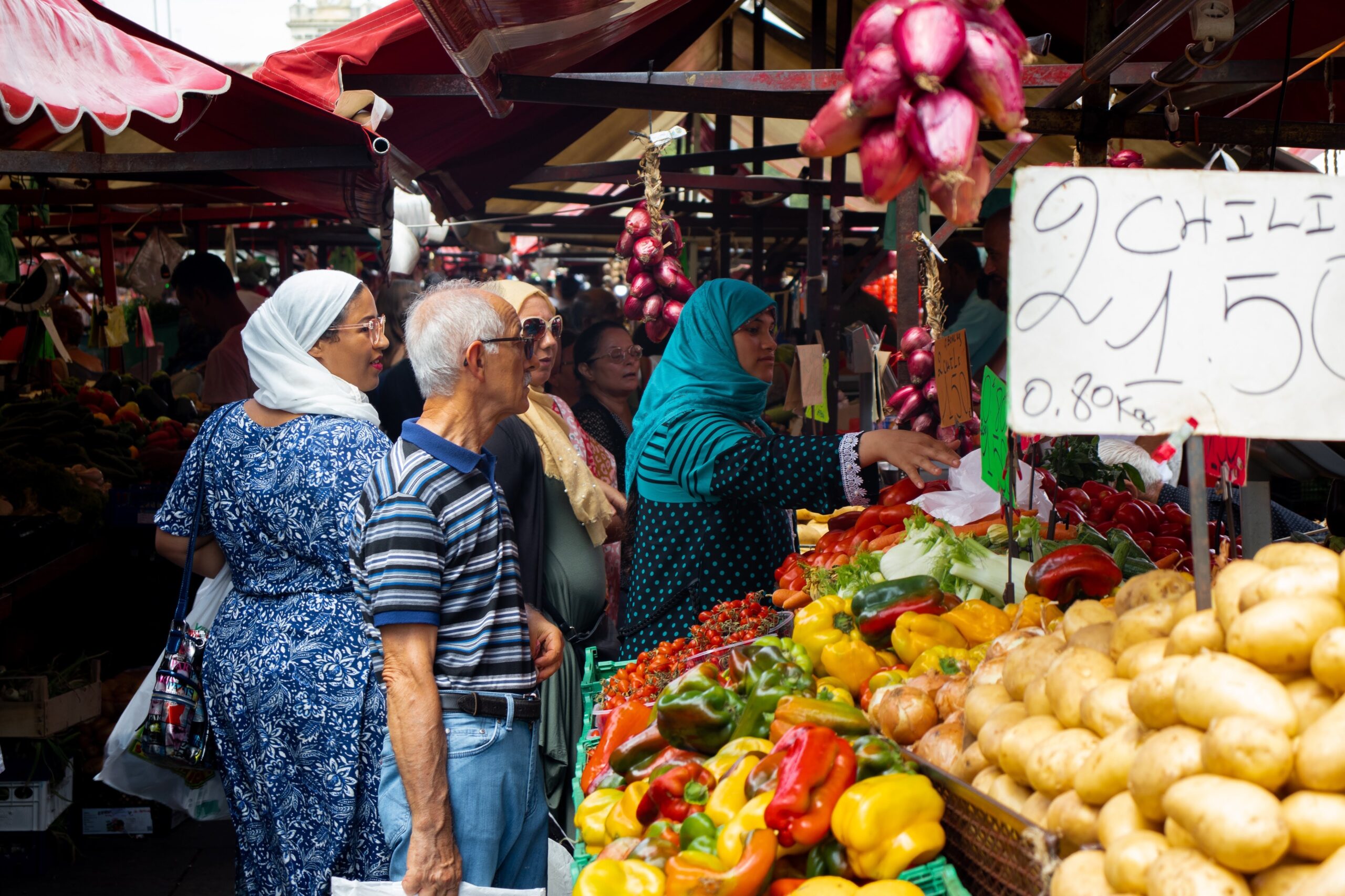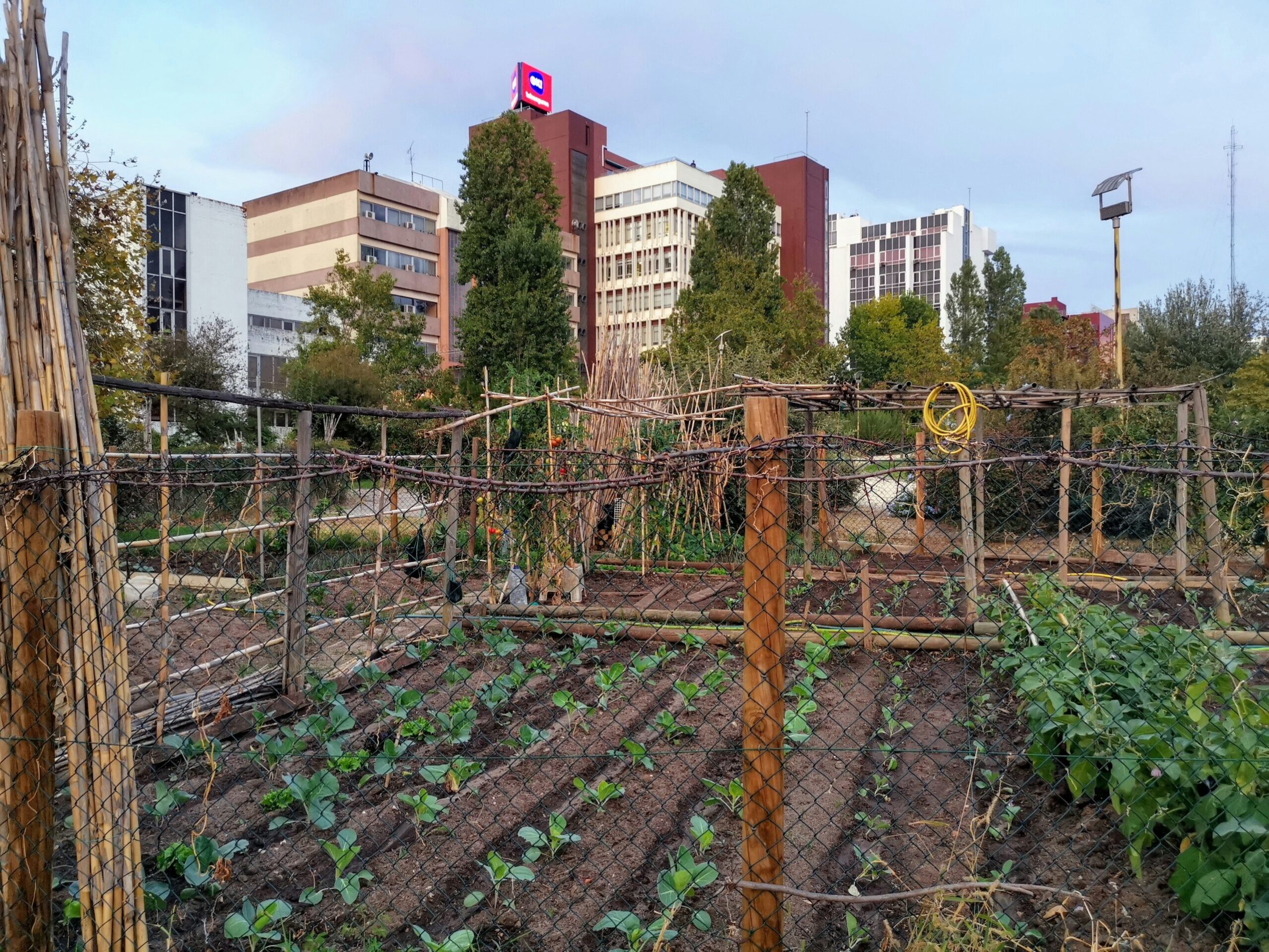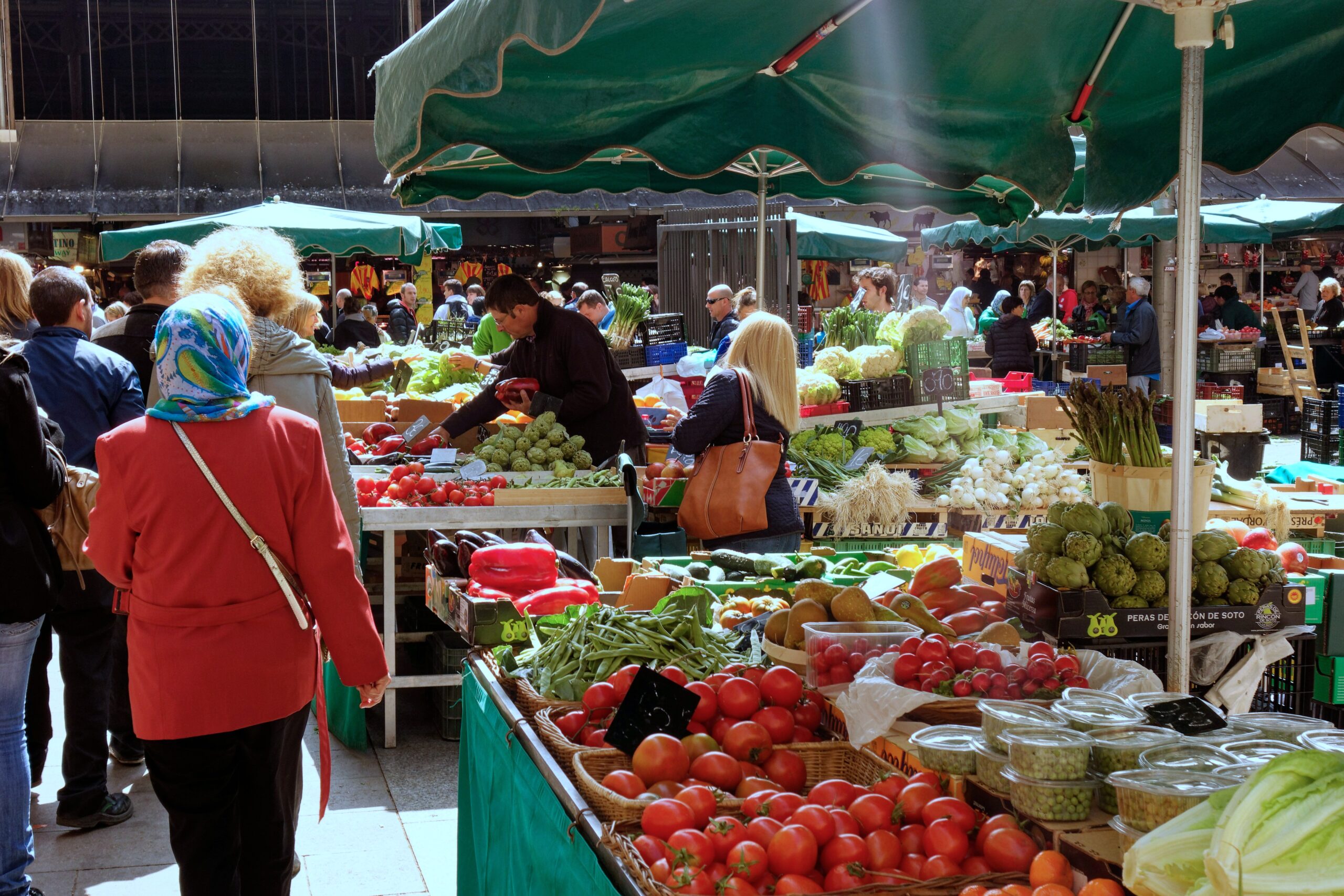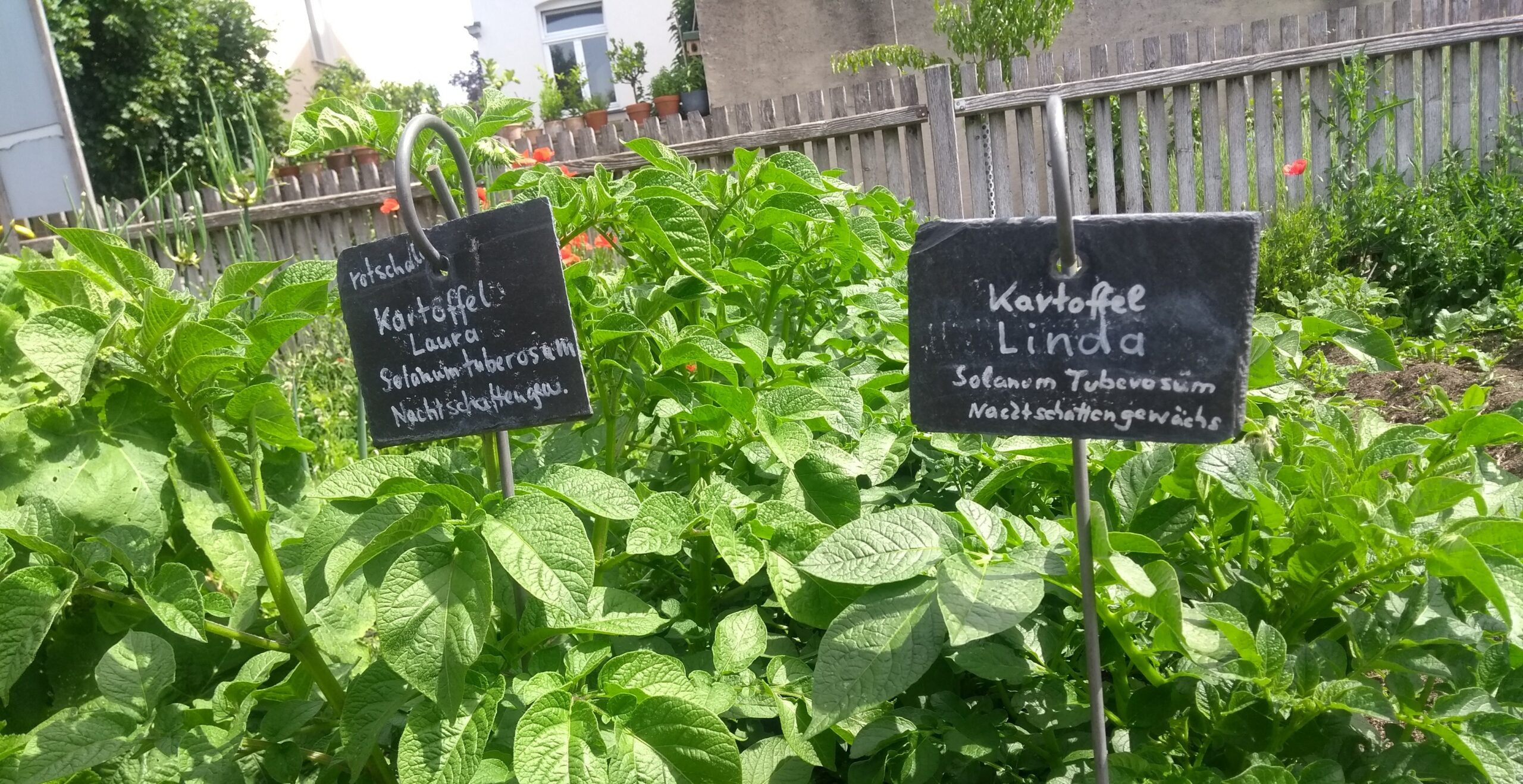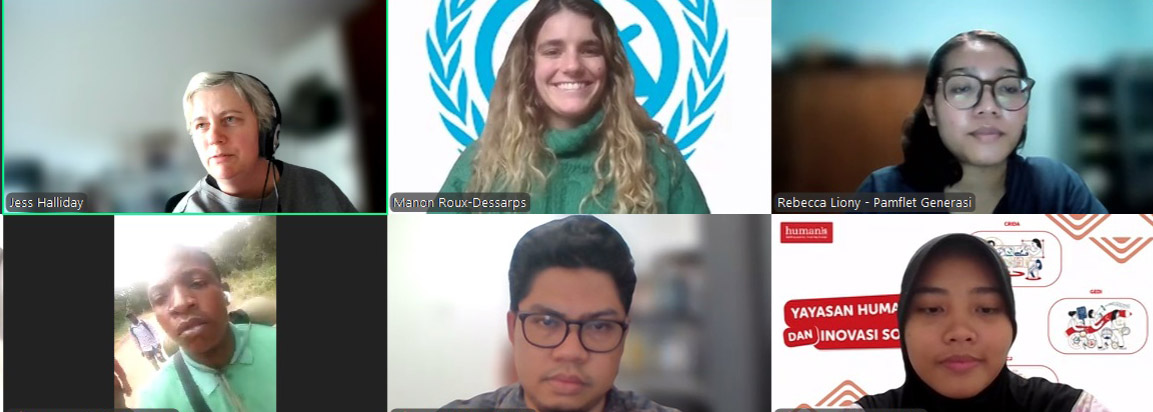The new issue of Urban Agriculture Magazine (UAM37), Gender in Urban Food Systems, is now published. The articles in this issue identify the ways in which gender and inclusivity have been neglected in urban food policy, practice and research. The editors call upon the international community to lead the way in enabling truly transformative actions to reconfigure power relations in city and city region food systems.
The following is adapted from the UAM 37 Editorial by Jess Halliday, Deepa Joshi, Laine Young and René van Veenhuizen.
It’s no secret that the food system has an endemic gender problem. There are significant barriers to participation in food value chains due to socially determined identities, roles, rights and obligations of women and men, and structural inequalities embedded in the system. Most work to address gender inequalities in the food system to date has focused on rural areas, with a particular focus on women producers. But there are vast gendered disparities in urban food systems too, which have been largely neglected by city officials, economic planners and development practitioners.
Gender inequalities in the food system
For instance:
- More women than men work in informal small catering operations and street food in some countries, with little job security, poor pay, and unsafe conditions.
- Especially in the urban context, women often perform the double work of earning income and being responsible for sourcing and preparing food for the family.
- Women and girls are more likely to face hunger and malnourishment when gendered social norms privilege the biggest or best portions for men and boys.
- And climate related shocks and stresses can exacerbate pre-existing city region food system vulnerabilities, meaning women are among those with the weakest capacity to adapt and recover.
But applying a gender lens to urban food systems does not mean considering only women – or, indeed, only gender. Men and boys may face inequalities in areas like educational attainment, dropout rates, criminal activities, violence, and employment. The lived experiences of people of different genders are impacted by intersections of race, class, ethnicity, ability, and other factors constituting their identities.
Thus, there is no one universal urban food experience. An intersectional gender lens shows where certain inequities are present within a city, and considers how to improve the situation for all urban residents.
An emerging new world
We began working on this magazine issue before the emergence of COVID-19. As the huge and wide-ranging impact of pandemic responses has unfurled, there are strong indications that certain women and People of Colour are heavily affected by the fall-out, including lost livelihoods, greater risk of food insecurity, and a significant increase in domestic violence.
This is also a time of great social change sparked by the Black Lives Matter protests in cities in many countries against systemic racism and police brutality. Organisations and individuals are committing to fight for change and negotiate the status quo, and that must include addressing entrenched racism throughout the food system that often has historic roots in colonialism.
In this emerging new world, still stalked by the pandemic and emboldened by potential widespread systemic change, the need to address inequalities in urban food systems due to gender, race, and other, intersecting social categories has never been greater.
State of the art on equality and empowerment
In 2009 RUAF published the ground-breaking book Women Feeding Cities, containing case studies, guidelines and tools for incorporating gender-related aspects into urban agriculture projects. The book remains a useful resource for practitioners today. It also contains RUAF’s gender statement, in which the partners pledged to integrate gender into all our strategies and methods, project planning, training, capacity building, and communications efforts.
This we have done, and continue to do.
Since then, the Sustainable Development Agenda 2030 has highlighted the unequivocal need to tackle society’s entrenched gender inequalities (Sustainable Development Goal 5: ‘Achieve gender equality and empower all women and girls’). Together with the other SDGs, this applies to all nations, all people, and all segments of society, starting with those who are furthest behind.
These bold ambitions must be pursued through policies and programmes throughout urban food systems, not just in urban agriculture. Urban food governance must support diverse, formal and informal food retail to avoid discriminating against women and the urban poor. Moreover, the state of the art on how to achieve equality and empowerment has evolved in the last decade.
Concepts such as gender awareness and gender mainstreaming that acknowledge gendered experiences and implications of public policy for different genders (presenting binary women-versus-men narratives) do not go far enough. We need more transformative approaches that recognise inequality as complex gender-power intersections, that empower the marginalised, and enable them to question the power structures that keep them excluded and food insecure.
An article by Laine Young, Joy Carey and Diana Lee-Smith documents a pilot project to apply a gender lens to the Milan Urban Food Policy Pact (MUFPP) monitoring framework, supported by the Water Land and Ecosystems (WLE) programme of CGIAR’s International Water Management Institute (IWMI). It proposes a programme of work for signatory cities to address deep-rooted gendered inequalities across the food system. Other articles also focus on integrating gender into existing frameworks and underscore the importance of understanding women’s needs and perspectives in order to develop appropriate solutions.
A call to action
This issue of Urban Agriculture Magazine is a call to action to cities and the international urban food policy community to raise our game on gender and inclusivity. There is an urgent need for many more cities and city regions to work on issues surrounding all genders in urban food systems. It is crucial that responses do not just involve application of technocratic frameworks and that they move beyond gender awareness and mainstreaming to enable the reversal of pervasive and systemic intersectional inequalities. Getting gender on board in the MUFPP is an important and critical first step, but we have along path of us to “complicate” this insertion by taking note of complex intersectional gendered experiences.
The RUAF Global Partnership is committed to building capacity with our own city members and the cities and city regions with which we engage. We will seek all opportunities to ensure that gender and inclusiveness form a strong pillar of our work, and encourage all members of the Global Partnership to develop and implement strategies for gender, diversity, and inclusion.
We will actively develop new tools and understandings with existing and – we hope – new partners, to enable truly transformative urban food policies and programmes that address gender and intersectional inequalities.
We are open to collaborations and funding to take this vital work forward.
UAM37, Gender in Urban Food Systems, was produced with funding from Hivos and the CGIAR Research Programme Water Land and Ecosystems, led by IWMI.

